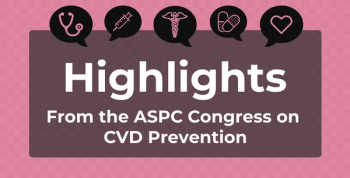
The meeting included new evidence and expert insights on hormone therapy, AI, and the expanding role of GLP-1 therapies in cardiovascular care.

The meeting included new evidence and expert insights on hormone therapy, AI, and the expanding role of GLP-1 therapies in cardiovascular care.
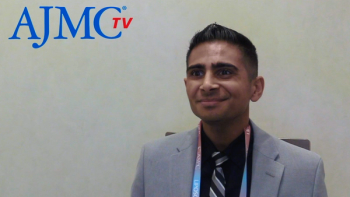
Online health discussions can influence patient behaviors, but misinformation spreads easily. Khush Kharidia, MD, UT Southwestern, explains how creator credibility impacts cholesterol-related health information.

SGLT2 inhibitors may worsen heart failure outcomes from chemotherapy, highlighting the need for further long-term studies on cardiotoxicity, explains Rakendu Rajendran, MBBS.
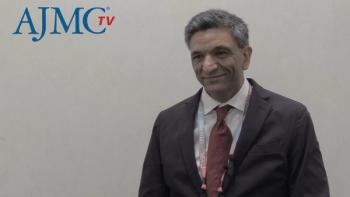
Primary aldosteronism is often overlooked in hypertension. Educating providers and utilizing tools can enhance screening and treatment effectiveness, emphasizes Vivek Bhalla, MD, Stanford.

Research reveals that patients with both rheumatoid arthritis and MASH cirrhosis face significantly higher cardiovascular risks.
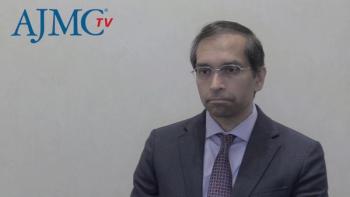
Renal denervation modestly lowers blood pressure, with durable long-term benefits, according to Deepak L. Bhatt, MD, MPH, MBA.

The American Society for Preventive Cardiology (ASPC) marked its 40th anniversary this year at the ASPC Congress on CVD Prevention in Boston, held August 1-3, with 3 days of debates, presentations, oral abstracts, and posters.
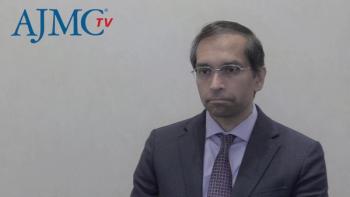
Deepak L. Bhatt, MD, MPH, MBA, of Mount Sinai Fuster Heart Hospital, spoke at the recent ASPC 2025 Congress on CVD Prevention to illustrate both the benefits and risks associated with renal denervation. Bhatt addresses the procedure in the context of lifestyle interventions and novel drug therapies.

In this retrospective study, Rakendu Rajendran, MBBS, and colleagues found higher rates of myocardial infarction and major adverse cardiovascular events in males and increased stroke incidence in females, among cannabinoid users.

Vivek Bhalla, MD, Stanford, calls for greater awareness and implementation of existing screening guidelines to help identify patients who may benefit from more targeted, disease-specific interventions for hypertension in the setting of primary aldosteronism.

Rayan Salih, MD, a third-year internal medicine resident with the Northeast Georgia Health System, who hopes to specialize in cardiology, presented the poster, “Double Trouble: Pregnancy Challenges in Heart Failure With Preserved Ejection Fraction and Cardiac Amyloidosis.”

Glucagon-like peptide-1 (GLP-1) inhibitors have proven effective in preventing cardiovascular events, leading to experts promoting their use outside of care for diabetes.

Compared with previous surgical iterations of the procedure, explains Deepak L. Bhatt, MD, MPH, MBA, FACC, FAHA, FESC, MSCAI, Mount Sinai Fuster Heart Hospital, newer and FDA-approved catheter-based approaches are beneficial and safe.

A lively debate on the pros and cons of using hormone therapy in women to prevent cardiovascular events had attendees engaged throughout.

Varsha Tanguturi, MD, cardiologist and DETECT AS investigator, presented new data on how the findings she and her colleagues saw indicate almost universal increases in rates of aortic valve replacement in patients with severe aortic stenosis (AS), across both provider and patient groups.
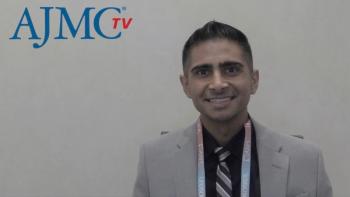
Khush Kharidia, MD, a third-year internal medicine resident at UT Southwestern, presented the oral abstract, “Evaluating the Quality, Accuracy and Health Impact of Cholesterol-Related Content on TikTok: A Social Media Analysis,” at ASPC 2025 Congress on CVD Prevention.

Studies found that glucagon-like peptide-1 (GLP-1) receptor agonists were valuable tools in improving outcomes and survival in those with coronary plaque and after ST-elevation myocardial infarction.

Language models and wearable devices are just 2 means of improving the practice of preventive cardiology.

Alexandra M. Trevino, MD, of Northwestern Medicine presented the oral abstract, "Trends in New-Onset Hypertensive Disorders of Pregnancy Among US Adults by Place of Birth and Hispanic Ethnic Origin Group," on day 1 of the ASPC Congress on CVD Prevention.

During the Addressing Cardiovascular Risk and Intervening Early webinar, experts discussed innovative strategies for cardiovascular disease prevention, emphasizing risk assessment, lifestyle changes, and collaborative care to improve patient outcomes.
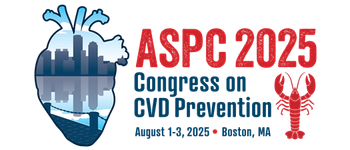
The American Society for Preventive Cardiology (ASPC) Congress on Cardiovascular Disease Prevention features multiple sessions on different methods of treating and preventing cardiovascular disease, including through the use of artificial intelligence (AI) and glucagon-like peptide-1 (GLP-1) receptor agonists.

David J. Maron, MD, FASPC, president-elect of the American Society for Preventive Cardiology (ASPC), previews hot topics of interest at this year's congress and how lessons he has learned from current ASPC president Michael Shapiro, DO, FASPC, will shape his presidency set to commence next year.

In a webinar, experts discussed cardiovascular disease prevention strategies, emphasizing personalized risk assessments and emerging treatments to combat this health crisis.

A session on the final day of the 2024 Congress of the American Society of Preventive Cardiology explored the connections between autoimmune disease and cardiac events.
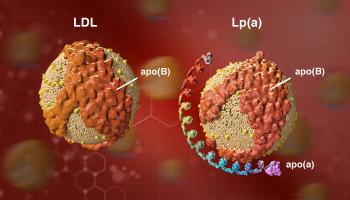
A debate on whether testing Lp(a) levels is actionable in primary prevention today offered lively discussion at the 2024 Congress of the American Society for Preventive Cardiology, being held in Salt Lake City, Utah.

A joint session with the Society for Cardiovascular Computed Tomography (SCCT) took place on the first day of the American Society for Preventive Cardiology 2024 Congress in Salt Lake City, Utah.

Martha Gulati, MD, MS, discusses the accomplishments of the American Society of Preventive Cardiology (ASPC) during her presidency and emphasizes the importance of advancing preventive cardiology.

“We are at an inflection point regarding treatment of obesity,” said Robert Kushner, MD, MS, Northwestern University Feinberg School of Medicine.

In advance of this year’s American Society for Preventive Cardiology (ASPC) 2024 Congress on CVD Prevention, we spoke with ASPC President-Elect Michael Shapiro, DO, FASPC, about the many can't-miss sessions at this year's record-breaking event.
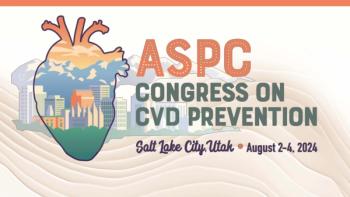
The American Society for Preventive Cardiology (ASPC) 2024 Congress on CVD Prevention will take place August 2-4 in Salt Lake City, Utah.

259 Prospect Plains Rd, Bldg H
Cranbury, NJ 08512
© 2025 MJH Life Sciences®
All rights reserved.
